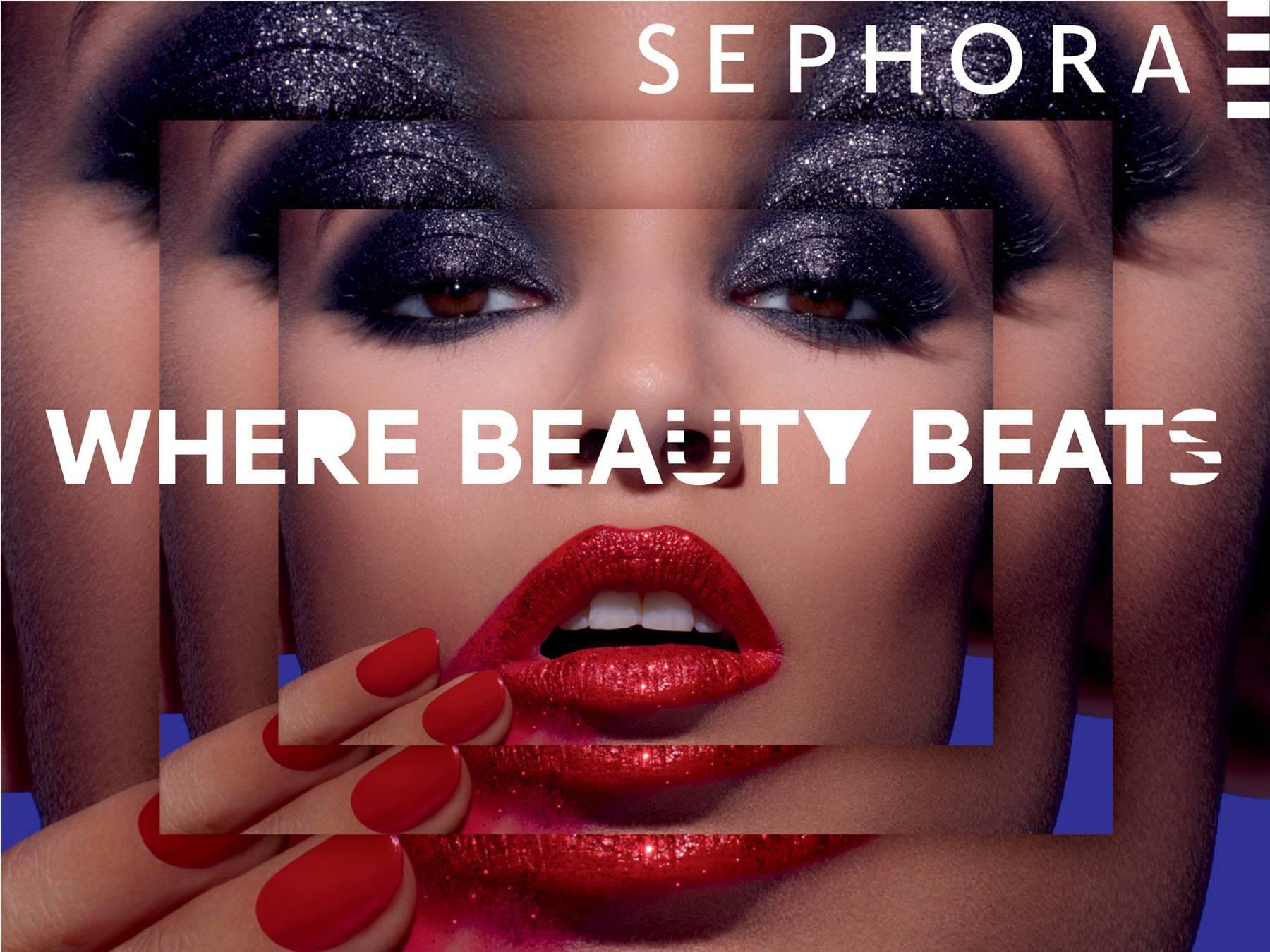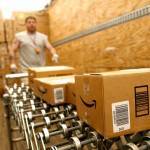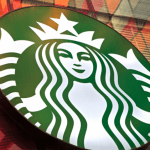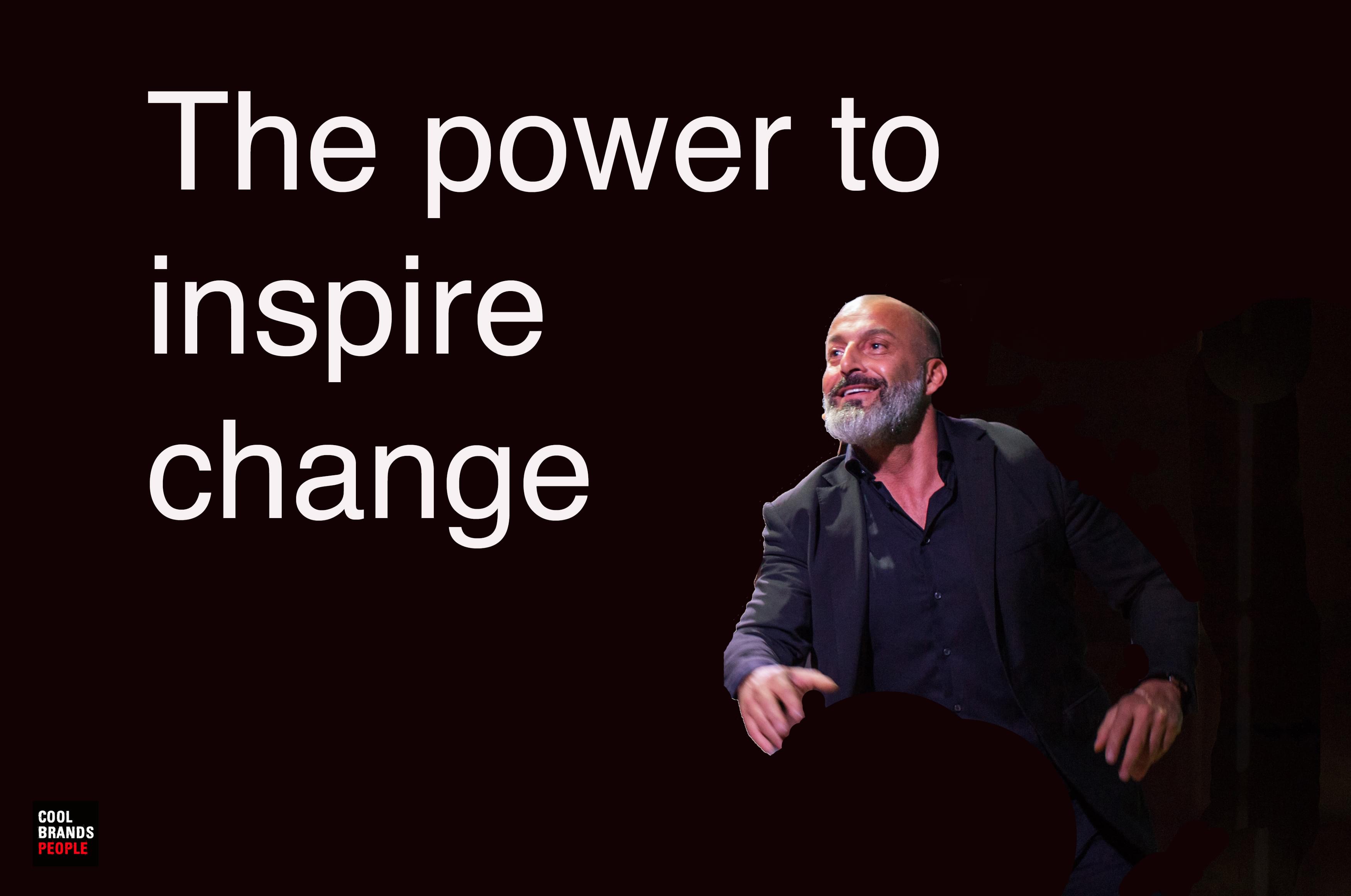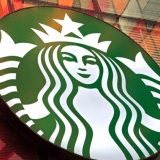Finally, a retail beauty brand is embracing the trend called sub-commerce: Sephora is launching a Birchbox-like subscription commerce service called Play!
In my daily work as a futurist, journalist, and speaker, I am frequently shocked to see how lame corporate retail brands can be in tapping into actionable insights and trends that could help them to coin the business opportunities of the 21st century.
But over the years, I have learned that old economy corporates struggle to adapt to new business models. While new entrants without legacy are agile, creative, and disruptive.
So I decided to investigate what Sephora could accomplish with its new service and where US consumers buy its beauty products today.
Brick-and-mortar Battle: Can Sephora Beat Birchbox?
Signing up gives for Sephora Play! gives consumers an assortment of 5 full-size beauty products for $10 per month. The service is accepting limited customer enrollment for now but will be open nationwide in 2016.
Competitor Glossybox is priced at $21 a month. Birchbox offers its service for $10 a month.
However, Birchbox launched its service already in September 2010. So where was Sephora the last 5 years? Still in meeting rooms, the discussion whether sub-commerce would be a trend or a hype. How slow can you move if market data and competitor cases clearly show you: Run Forrest, run…
Since 2010 Birchbox also collected $71.9 million in funding and used it to launch its brick-and-mortar ambitions. In the fall of 2013, Birchbox opened a pop-up store in New York’s Chelsea Market to test the retail concept, which became popular in no time.
In 2014 Birchbox opened its first permanent store in New York City’s SoHo. This retail store offers beauty freaks 2,000 products and about half of Birchbox’s roughly 500 brands.
In the back of its store, there’s a section called BYOB (Build Your Own Birchbox). Here consumers can choose 5 deluxe sample sizes for $15.
The sure thing is that Birchbox will open more retail stores in 2016, says Sarah Perez on TechCrunch.
My team of analysts estimates that Birchbox will have 2.3 million paid subscribers by the end of 2015. A total of $276.000.000 yearly revenues in boxes, in which its retail revenues are still excluded!
Before jumping to conclusions about who might win the battle between Sephora and Birchbox, there’s more to explore in beauty and digital commerce.
Where US Consumers Shop Online for Beauty Products
Online beauty shopping is massive in the US. And beyond e-commerce, nearly 40% of American health and beauty shoppers are signed up for at least one subscription service to receive such products, according to AT Kearney.
Surprise, surprise? Jeff Bezos’ Amazon is the undisputed champion of online beauty shopping. 73% of US consumers buy their beauty stuff at Amazon, only 35% at Sephora. So digital commerce might have been a no-brainer for quite some years.
And if we look to the right side of our planet. How many Asian consumers would buy their beauty products on Alibaba? The Asian markets offer tremendous opportunities for brands with ambitions. Also for beauty brands.
My Opinion
One thing is crystal clear. The e-commerce, mobile commerce, and subscription commerce revenues in personal care and beauty will keep increasing.
Several corporate beauty brands have not been innovating at the speed of change and have missed Noah’s ark by now. They will be too late to compete with the Amazons, Alibabas, and Birchboxes of this world.
Sephora, with 1,900 stores around the globe and a robust loyalty program, should be able to turn a significant amount of its current retail customers into their sub-commerce service Play! Sephora might even have more paid subs in a few years than Birchbox. If not, they waited far too long.
Now the last and most important question. How can old economy corporates that struggle to adapt to new business models in time ever compete with agile, new entrants without a legacy?
My solution is called: the corporate garage or startup on-request program. It blends corporate power with startup flexibility and creates the best of both worlds for corporate brands. Now they can finally compete with disruptive new players.
In 80% of these programs, I work with the CIO. They have long-term objectives, budgets, not many specialized agencies, and are willing to embrace innovation.
In 20% of the programs, I work with CMOs. The ones from traditional brands often struggle to adapt to new business models in time. Now they need to compete with innovative, agile consumer technology companies, such as Google, Facebook, Spotify and Twitter. Or Birchbox.
CMOs at i.e., Sephora should understand much earlier that storytelling is changing, and unless brands know how to tell theirs in a quick, witty, and purposeful way native to these new platforms, they will be left behind.
My opinion is clear and simple: Brands in all industries need to reinvent and refresh themselves. The only question is: Are you innovating at the speed of change?
Sephora, when looking at your pace of innovation, there’s one question that keeps popping into my head: Are your product innovations 5 years behind too? Are you a leader or a follower?
What About You?
What’s your point of view on sub-commerce and corporate beauty brands? I would love to learn from your ideas in the comments below.
Go Beyond Mainstream Media & Big Tech –
Get Access To My Uncensored Voice of Reason
We all know the mainstream media is often full of propaganda and bribed journalism. Big Tech makes it even worse with its content censoring, fake fact-checkers, and fading social channels to black. Should I add #fansonlease, walled gardens, and squeezing artists like lemons to the toxic social media list?
Don’t miss out! Get Math Man Magazine and my uncensored voice in your mailbox twice a month. 100% free! In my newsroom, live-on-stage action, podcasts, interviews, and more.
Read my recent article in Rolling Stone magazine about cause artists and athletes.
About the Author
In the spotlights, Igor Beuker is a top marketing innovation keynote speaker and futurist known for his foresight on trends and technologies that impact business, economy, and society. Behind the scenes, a serial entrepreneur with 5 exits and an angel investor in 24 social startups. Board member at next-level media firms, changemaker at Rolling Stone Culture Council, Hollywood sci-fi think tank pioneer, award-winning marketing strategist for Amazon, L’Oréal, Nike, and a seer for Fortune 500s, cities, and countries.
Related Posts
MONTHLY MEMBER SPECIAL

